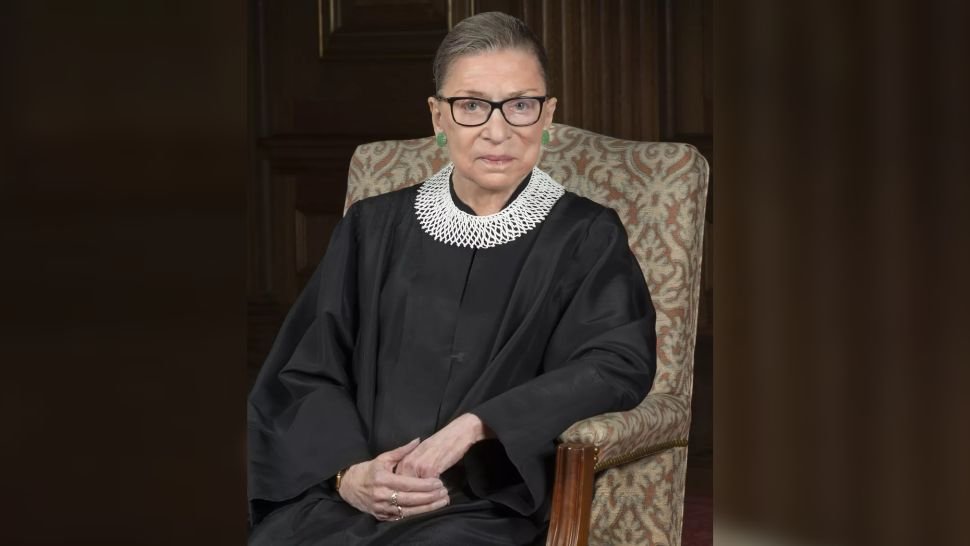Ruth Bader Ginsburg
When Ruth Bader Ginsburg passed away in September 2020, the United States mourned the loss of one of its foremost champions of gender equality. Throughout her career as an attorney, judge and associate justice of the Supreme Court, Ginsburg’s commitment to the principle of equal justice under the law transformed the legal landscape in the U.S. — particularly for women.
Ginsburg’s work began at Harvard Law School, where she was one of only nine women in a class of 500 students, according to an obituary in the New York Times. Despite finishing top of her class when she graduated as a transfer to Columbia Law School, she struggled to find employment. Eventually, in 1963, she became a law professor at Rutgers Law School, where she turned her attention to gender discrimination. She argued six cases before the Supreme Court as a lawyer with the American Civil Liberties Union, winning five.
In 1993, President Bill Clinton nominated her to the Supreme Court, where she worked for 27 years through cancer and other illnesses. Her history of dissenting opinions on the court built her up as an icon and, as Rolling Stonewrote, earned her the moniker “the Notorious RBG.’”
Throughout her career, Ginsburg promoted causes such as financial equality for women, as noted by Forbes; equality in education, as reported by Inside Higher Ed; LGBTQ+ rights, per the American Bar Association; civil rights for immigrants and undocumented people, as described by NBC News; and rights for people with disabilities, according to the Center for Public Representation.


